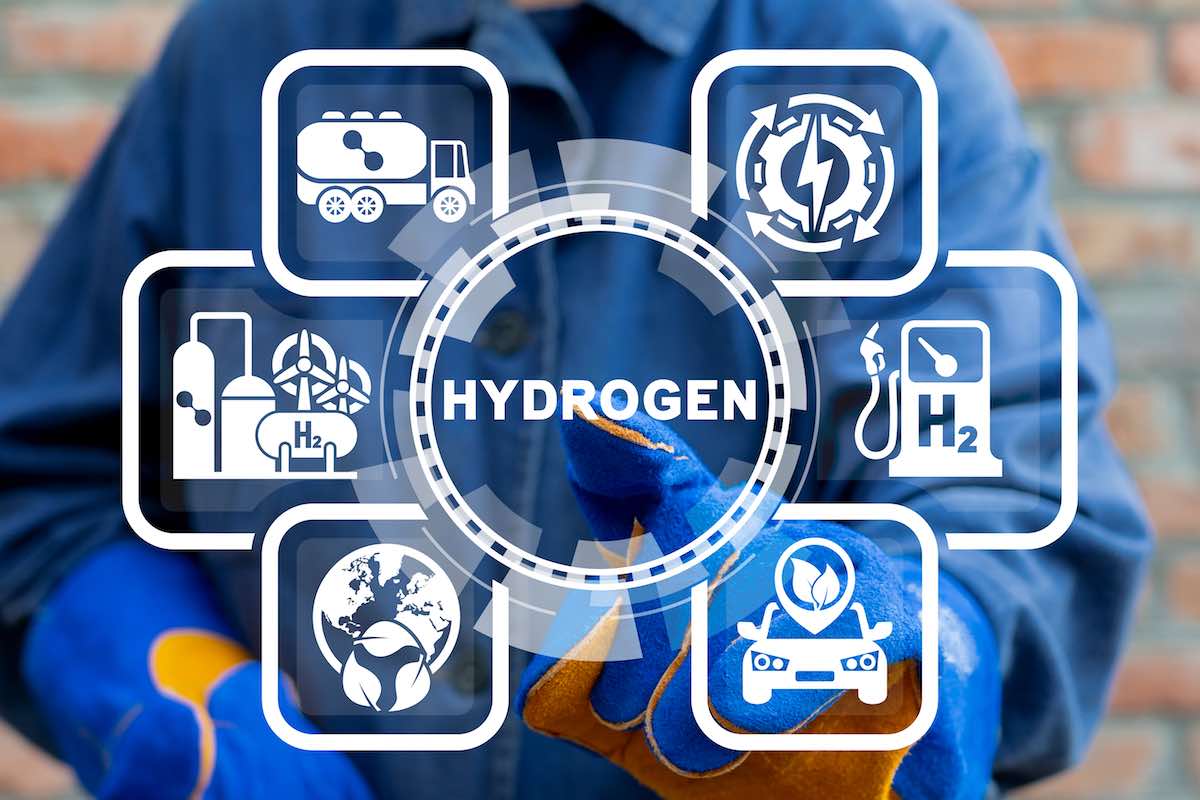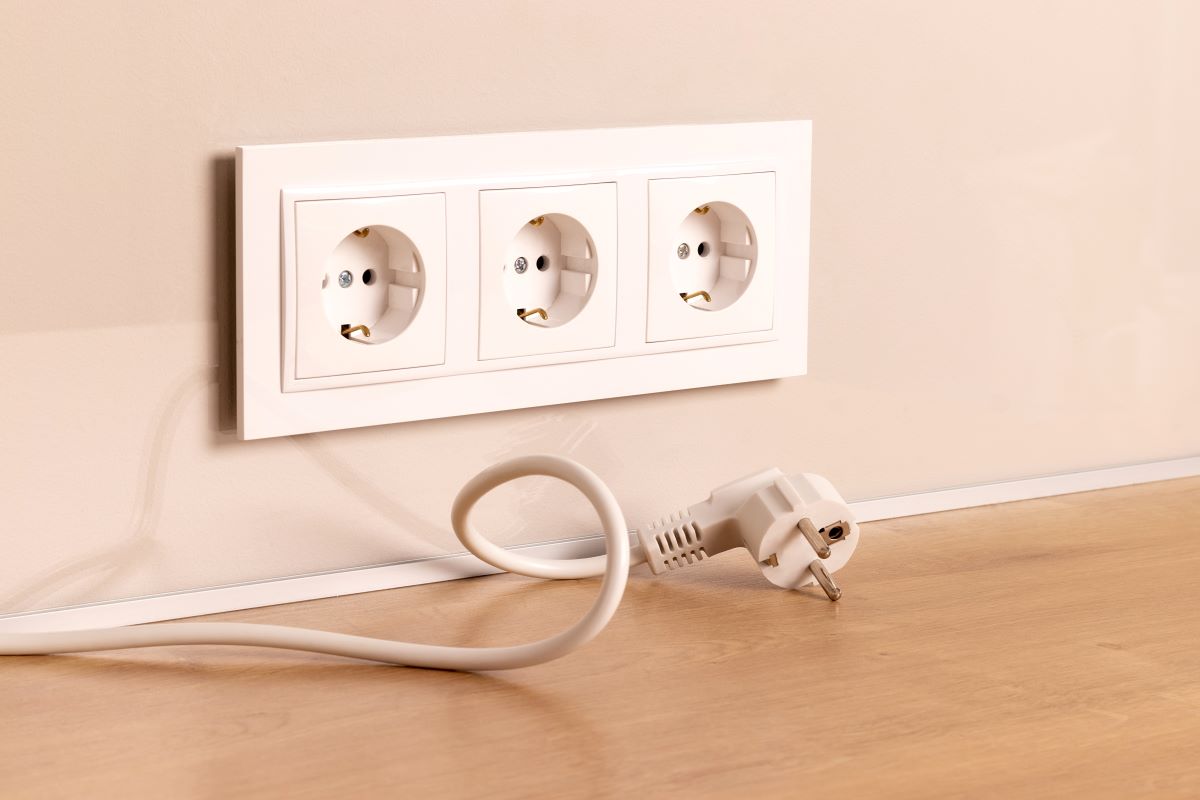The disastrous management of the leak at the oil well in Gulf of Mexico will have major consequences, not only as to deep-water oil concessions, but more generally on the US energy policy, with the relaunch of efficiency and renewable initiatives.
It is worth highlighting a specific point in this event, concerning on the one hand the complete inability to cope with the emergency and, on the other, the extent of expected impacts.
There are great similarities with nuclear power. The chance that serious accidents happen is extremely low, but when they occur the damage may result in a catastrophe. And sometimes there are no solutions to reduce impacts.
BP’s internet search for advice from the public gives a vivid portrayal of the company’s confusion and underlines the thoughtlessness with which permissions to operate in deep water were issued.
Let’s have a look at nuclear power and its problems now. Seeing the difficulty of building new power stations, several countries like the United States or the United Kingdom are thinking about prolonging the life of reactors from 40 to 60 years. It is hard to tell the risks for these plants, which are getting weaker and weaker due to neutron bombardments.
But even the future of next-generation reactors is unknown. Just think about the issues raised by the safety Regulators of France, United Kingdom and Finland regarding the EPR model that may be installed in Italy as well.
Lastly, a final remark about one of the weaknesses of the nuclear choice: its dependence on the swinging of politics. The recent defeat of Chancellor Merkel, which saw the centre-right deprived of its majority in the Bundesrat, the parliament of Landers (regions), makes prolonging the life of German nuclear power stations even more problematic.
On the other side of the Channel, the attempt of forming a coalition government with Lib Dems, who are against nuclear power, is questioning the project of replacing old power stations put forward by the Labour Party.
And here in Italy, Ministry Scajola’s resignation is concerning Finmeccanica’s chairman and CEO Guarguaglini.
Gianni Silvestrini (chief scientist of QualEnergia)
Oil risks and nuclear deadlock
CATEGORIE:
Reflections on the inability and inadequacy of politics and industries to cope with emergencies and environmental impacts connected with the use of fossil fuels and nuclear power. Editorial by Gianni Silvestrini, chief scientist of QualEnergia.
Potrebbero interessarti





























